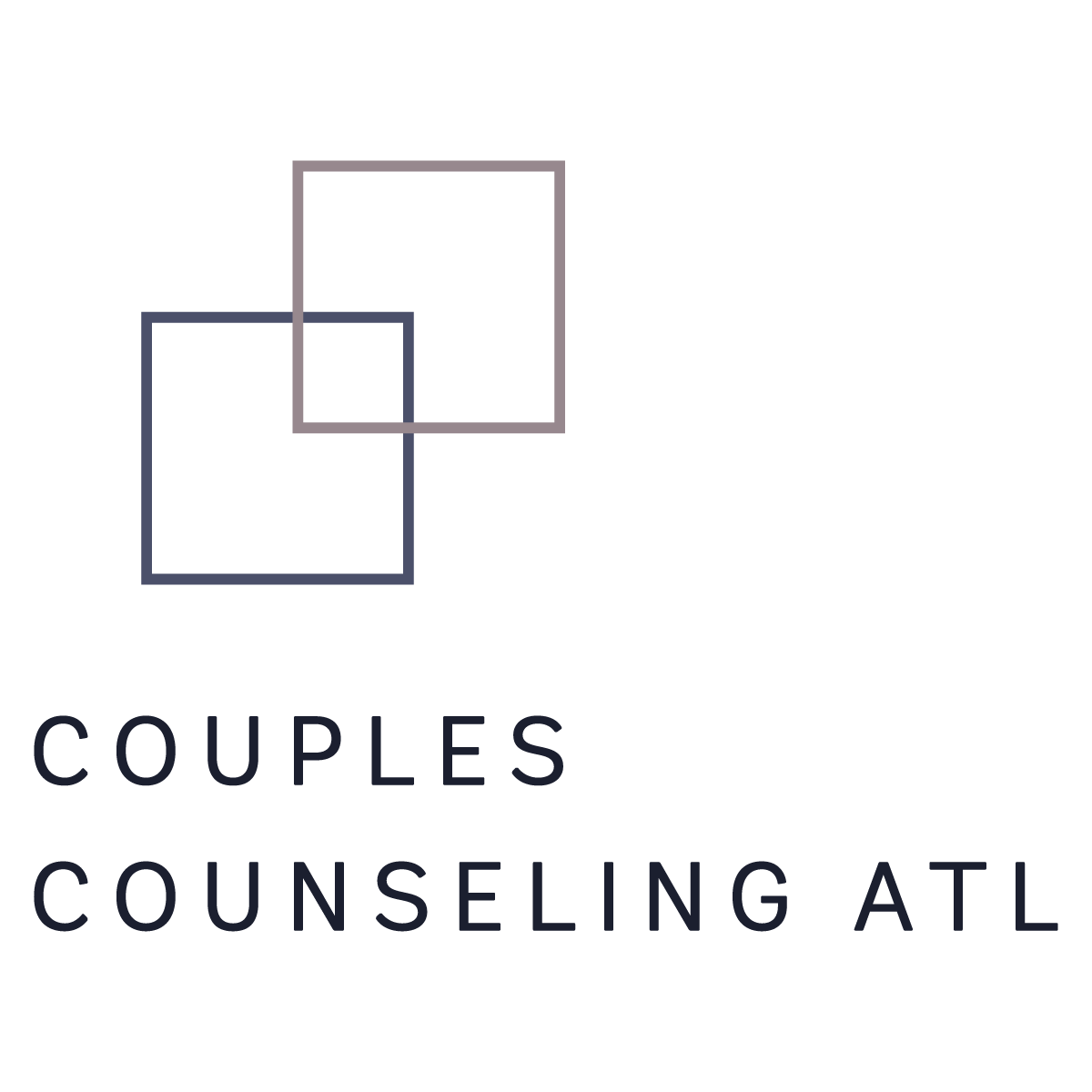Confiding in Friends: Choosing the Right Support for a Healthier Relationship
Today, I want to discuss an important aspect often overlooked in relationships: choosing the right confidant to share your concerns and seek guidance. While it's normal to vent about your partner occasionally, it's crucial to be mindful of the impact this can have on your relationship's health and well-being.
It's normal for your friend to feel negatively towards your partner if you mainly complain about your partner, but hopefully any friend can see that there are always two sides to a story, and if you're still wanting to work on your relationship, overly critical feedback will only leave you feeling demoralized and less likely to work on yourself and your relationship. Take note that all relationships have their ups and downs, and while it's natural to seek support and advice from friends and loved ones, not all confidants are created equal. Some friendships can even be destructive for romantic relationships. It's essential to consider the influence and intentions of those you confide in, as their perspectives can significantly impact your relationship, positively or negatively.
First, beware of the "negative" friend—the one who consistently expresses disdain or dislike for your partner. Their biases may stem from their own personal opinions or a desire to reclaim the previous friendship they had with you when you were single. Their advice is often colored by their own past experiences, unlike the advice of a Gottman Couples Therapist who is versed in solid research. Their biased advice may not only be biased, but it might also be downright unhelpful and potentially damaging to your relationship. Negative criticism can erode the foundation of trust and hinder the growth and resolution you're likely seeking.
I have worked with many people who have accidentally made their relationship problems worse by confiding in a friend who made matters worse by offering additional criticisms of the person's partner. While often sincere and attempting to be helpful, a friend's responses to your complaints can make matters worse. Consider the following anti-relationship statements made by a "friend" following an argument you had with your partner:
"WHAT! You're amazing, and I don't know how you ended up with such a jerk. I've never liked them."
"Wow! I can't believe they did that! I'd leave them for that!"
"You put up with too much. They're the worst. Ugh. "
Instead, strive to find a confidant who genuinely supports your relationship and wishes to see it flourish. This person should have qualities such as empathy, understanding, and impartiality (as much as they can as your friend). They should be able to listen attentively, provide constructive insights, and encourage healthy approaches to addressing relationship challenges that don't demonize your partner or encourage you to make rash decisions to divorce or break up.
Here are example statements from a friend who provides more productive, pro-relationship feedback:
"Oh wow, that's so hard. I'm so sorry they said/did that. You have every right to feel upset." (they validate your feelings without criticizing your partner) "I feel for you. Have you tried talking to them yet about it? What did they say?" (mainly listening, asking questions, not providing negative commentary about your partner, encouraging you to have open communication with your partner and sort it out)
"I hate that they said that. Normally they're so loving and supportive. I really hope you guys can talk about it and work through this." "Tell me more. Do you want me to just listen right now? Or do you want advice?" (they recognize the difference between solicited and unsolicited advice)
An ideal confidant understands that navigating relationship complexities requires a more nuanced approach. They may suggest reading relationship books or articles that promote personal growth, introspection, and open communication. They won't undermine your partner or foster animosity but rather help you develop strategies to enhance connection and resolve conflicts, and to engage in pro-relationship attitudes and behaviors yourself to encourage positive change in the relationship.
In situations where a friend is not enough to help you through relationship challenges, and perhaps external support is needed, couples therapy and individual therapy offer invaluable benefit. Our experienced therapists specialize in guiding couples through challenges, fostering effective communication, and promoting emotional well-being. They can provide you with the tools and strategies necessary to overcome obstacles and nurture a resilient and thriving relationship.
Remember, choosing the right confidant is a critical decision that can profoundly impact your relationship's trajectory. Be mindful of who you share your thoughts and concerns with, ensuring they possess the wisdom and compassion to support and uplift both you and your partner.
Click on the bottom link to watch our latest video on this topic, with our Director and Gottman-Trained therapist at Couples Counseling ATL, Stephanie Cook, where she explains in further detail! Finally, stay tuned these next couple of weeks to learn more about different upcoming topics!

